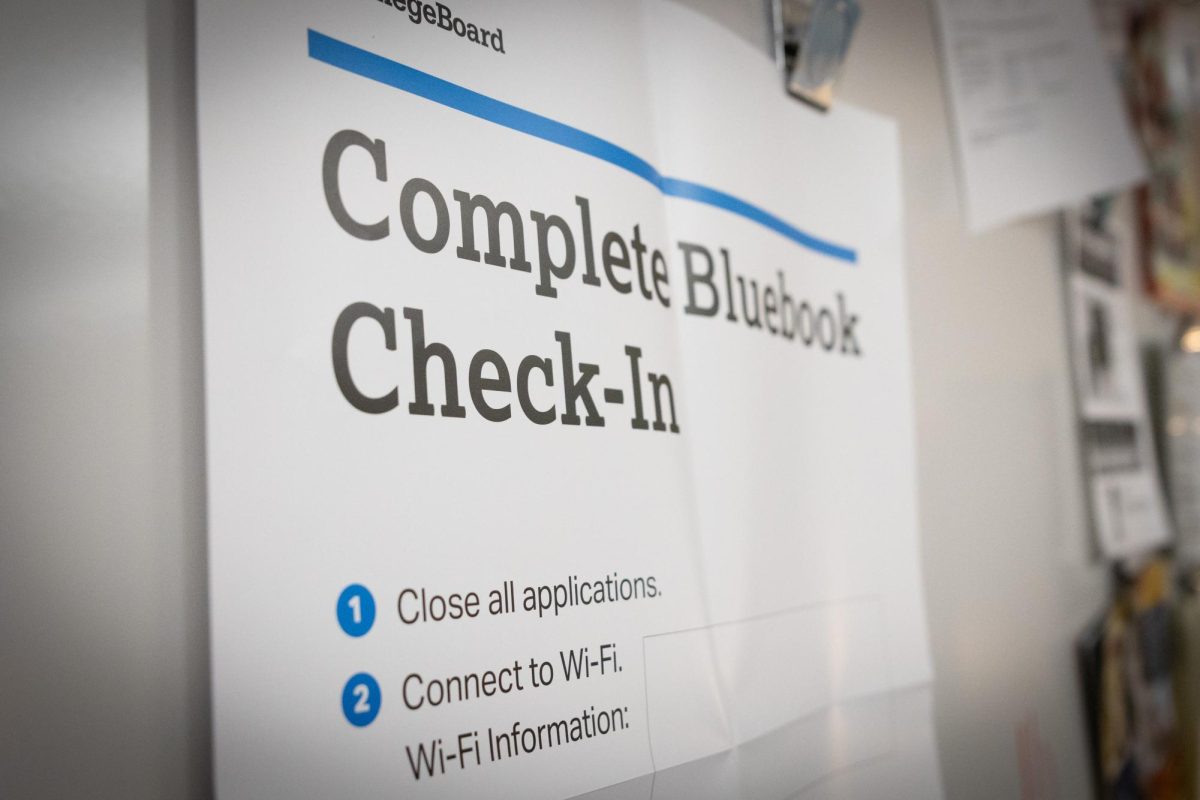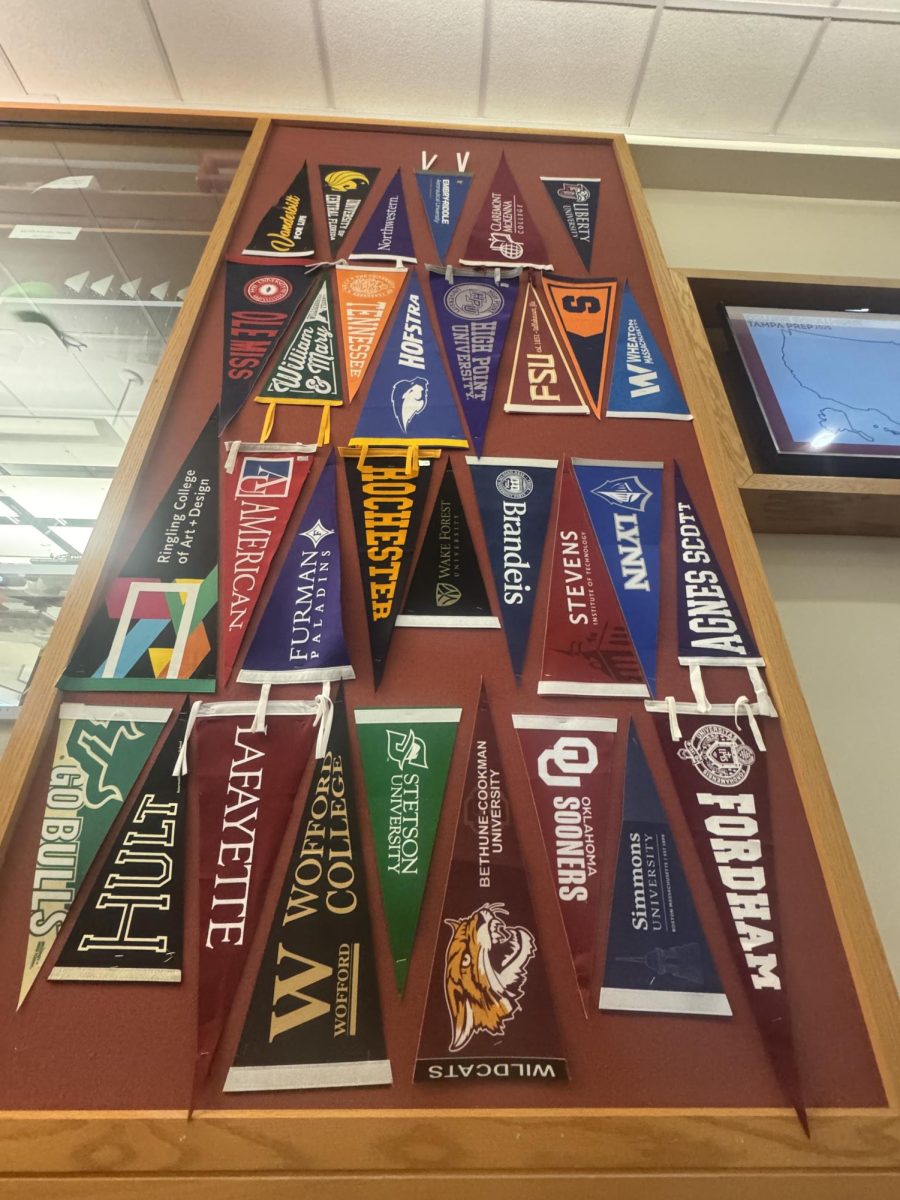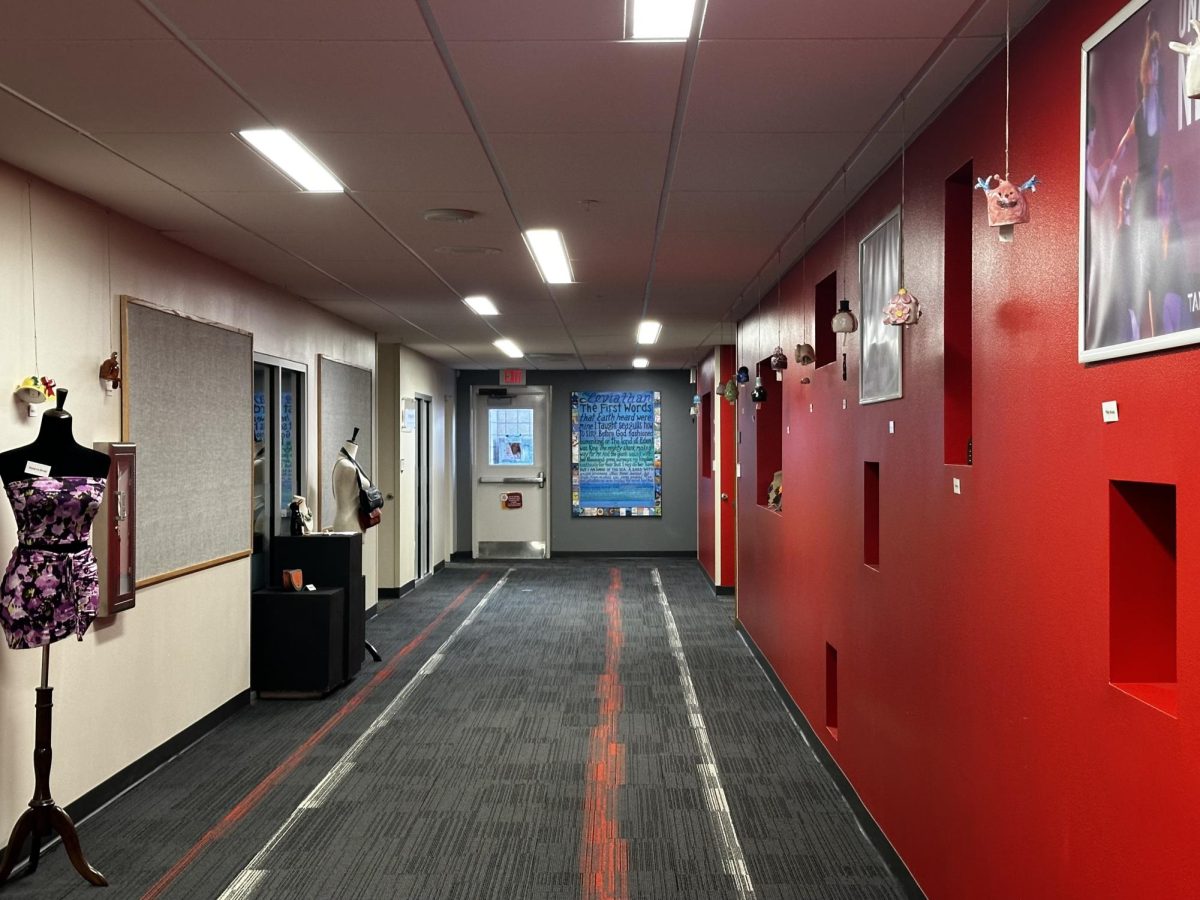The College Board recently announced that 2023 will see the implementation of adaptable digital testing for all PSAT and SAT testing sites. The mandatory change is already being implemented across the nation in all schools and testing sites administering the PSAT. This will provide a step in the transition towards the digital SAT which the college board announced will be in hard affect beginning March of 2023.
The ‘SAT 2.0’ will feature many new ideas and testing concepts that are dragging further away from the familiar ‘standardized testing’, and more towards the advancing technological state of society today.
“The digital test will be adaptive, so it can continue to measure the same core reading, writing, and math knowledge and skills much more efficiently,” College Board stated on its website.
This adaptive concept focuses on a system where the level of testing and type of next question test-takers receive are based on how a student did on the previous question. This is different than the current paper SAT scoring in which all students are given the same standardized test and all points on the same set of questions are added up out of 1600. According to their website, College Board believes that this will enhance not only the skill measurements but also many other areas of the testing as well.
Rosa Harwell, coordinator of SAT testing at Tampa Prep conducted a pilot test last December for the new model. Harwell believes College Board’s plans align well with how students are learning these days, especially Prep students.
“[Students] are on their iPads and technology a lot more to do daily work, so it probably aligns a little more with [Prep students’] expectations with their workflow. For other students who may be more paper pencil focused it might impact them negatively more,” Harwell said.
Harwell also noted that the pilot’s tests overall efficiency was sufficient and there were minimal technology-related issues during testing.
“There were a few glitches with processing some students’ tests, but over the weekend [College Board] worked out the glitches. They anticipated that, and over the weekend [updated testing materials were] all uploaded,” Harwell said.
In addition to the SAT, the PSAT will see these changes implemented as well. Dean of Academics Christine Jisha oversees the PSAT testing for grades 9-11 and is handling the changes for administering a digital test to so many students at once.
“We didn’t have a choice, every student in the country is taking the PSAT digitally this year,” Jisha said.
One of the biggest necessary changes is the use of the Blue Book app, College Board’s testing platform. Through the app, students register, practice, and test for the PSAT. While the changes are taking time to navigate, Jisha sees the benefits to the new system as well.
“It’s different in that we have no paper, there’s nothing to mail back, like with the paper test which was a whole procedure,” Jisha said.
Another benefit is the changes to the length of the test. The test will now be shorter overall which gives students more time per question. The SAT will be 45 minutes shorter with 56 fewer questions than before. In total, the digital SAT test will be closer to 2 hours long, rather than the 3 hours for the on-paper version.
Proctors will also benefit from the digital platform as all student registration and proctoring information can be done online. According to Jisha, although there will be some differences in the way students are testing, the check-in and the testing environment at Prep will still look relatively the same.
“For students, the experience of getting assigned to your room, [and having] a proctor, and the desks will all be set up the same,” Jisha said.
Despite this, there will be some major changes to how the campus adapts to the digital model on testing day, which this year is October 11. Ninth grade students will be taking the test in the afternoon after grades 10 and 11 are finished with their morning testing window.
“We did this to balance it out, mainly so we didn’t overwhelm the wifi [on campus],” Jisha said.
While it might seem like a big change for students, Jisha believes this is the future of standardized testing.
“The middle schoolers are already ERB testing on iPads,” Jishsa explained. “The College Board has made the decision and different schools are going to have to handle it the way they see fit.”
Technology isn’t a new feature on the Tampa Prep campus, as students are “one-to-one” with their devices, but students can also consider the PSAT as an opportunity to prepare for the real SAT if that remains to be a digital test as well.
“This truly is a practice for what [the SAT] will be like,” Jisha said.

















